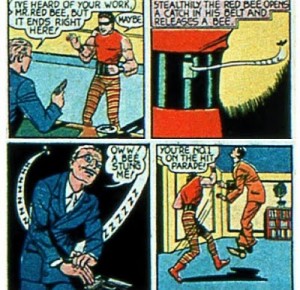So here’s roughly what happened.
Last Tuesday (Feb 3) our Governor proposed his budget. Now, as you may remember, he has a habit of putting things in the budget that don’t look especially connected to the budget except insofar as, of course, everything is connected to the budget. So it wasn’t so surprising, I suppose, that, alongside the very substantial and potentially devastating $300 million dollar cut to the UW system (the system, by the way, is comprised by 22 different campuses, some 2-year, others 4-year, and others including substantial numbers of graduate and professional programs, so it is not just UW-Madison), proposed changes to the mission of the system. One change, which although lots of people are unhappy with it, seems to me entirely reasonable, and also trivial since it is already implied on any reasonable interpretation of our already stated mission, is that we should help “meet the state’s workforce needs”. However, along with this came other changes – numerous deletions, which amounted to at best a watering down and at worst the elimination of what we call The Wisconsin Idea, the idea that the university is here to serve the state very broadly, in terms of producing and disseminating knowledge that is valuable for the residents, public institutions, and businesses of the State.
I got an email from a journalist fairly early on Wednesday, after I had heard about the proposals, but before I had scrutinized them (because I was preparing for a class, the students in which I live in a kind of horror of disappointing, as our Governor would be pleased to know), asking what I thought about the proposals. After reading them carefully, I responded that I didn’t want to say anything publicly, because the proposals looked so eccentric to me that I had no understanding of what was going on. And I am cautious about being quoted in public about university matters, because I don’t want to be off-message, and didn’t know at the time how the leadership of my campus (in whom I’m happy to say, I have a great deal of, fortunately justified, confidence, and from whom I am happy to take leadership) would respond. But I did say that I thought the proposed changes were distinctly odd.
Here are what seemed to me that most eccentric changes. The following phrases were all deleted from the mission:
“Basic to every purpose of the system is the search for truth”
“Which makes effective and efficient use of human and physical resources; which functions cooperatively with other educational institutions and systems”
“Which stresses undergraduate teaching as its main priority”
Let’s start with truth.
[click to continue…]

